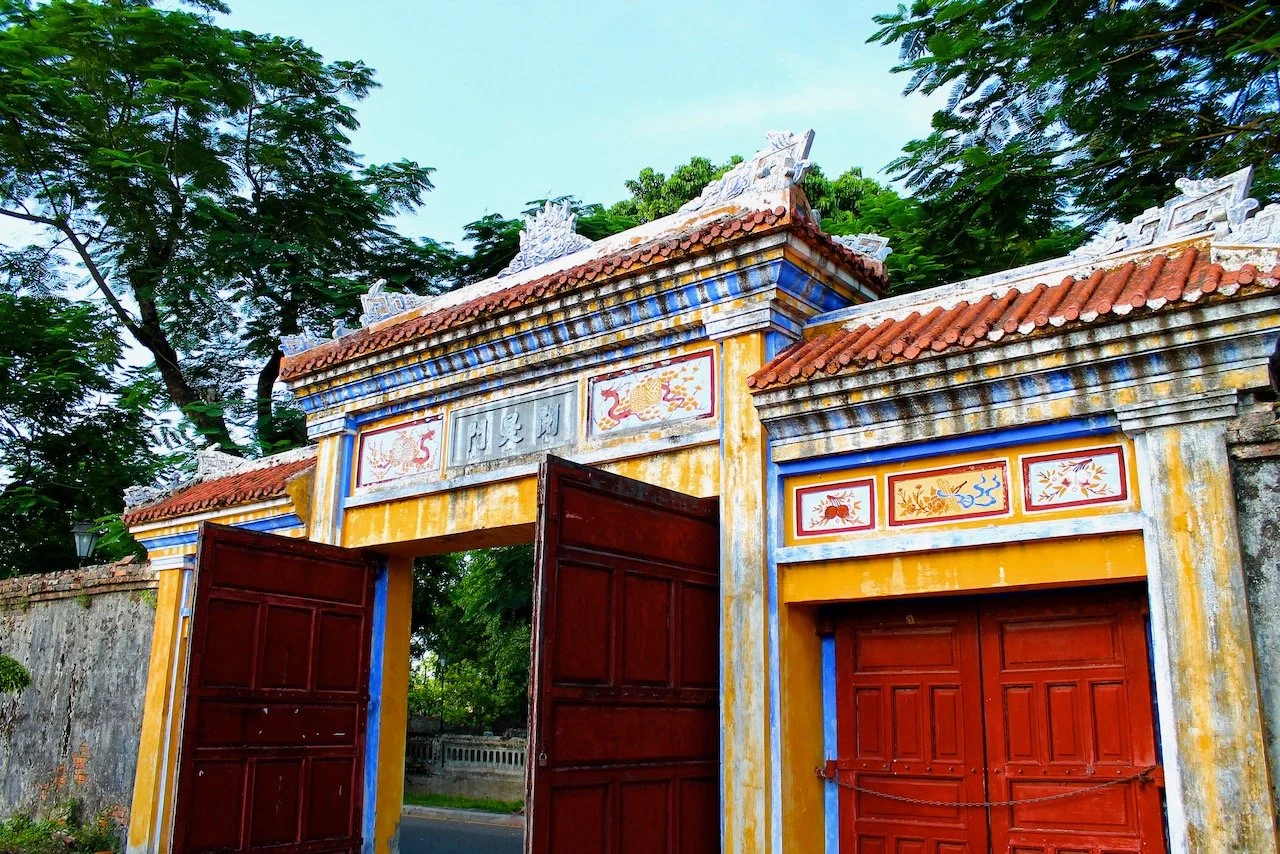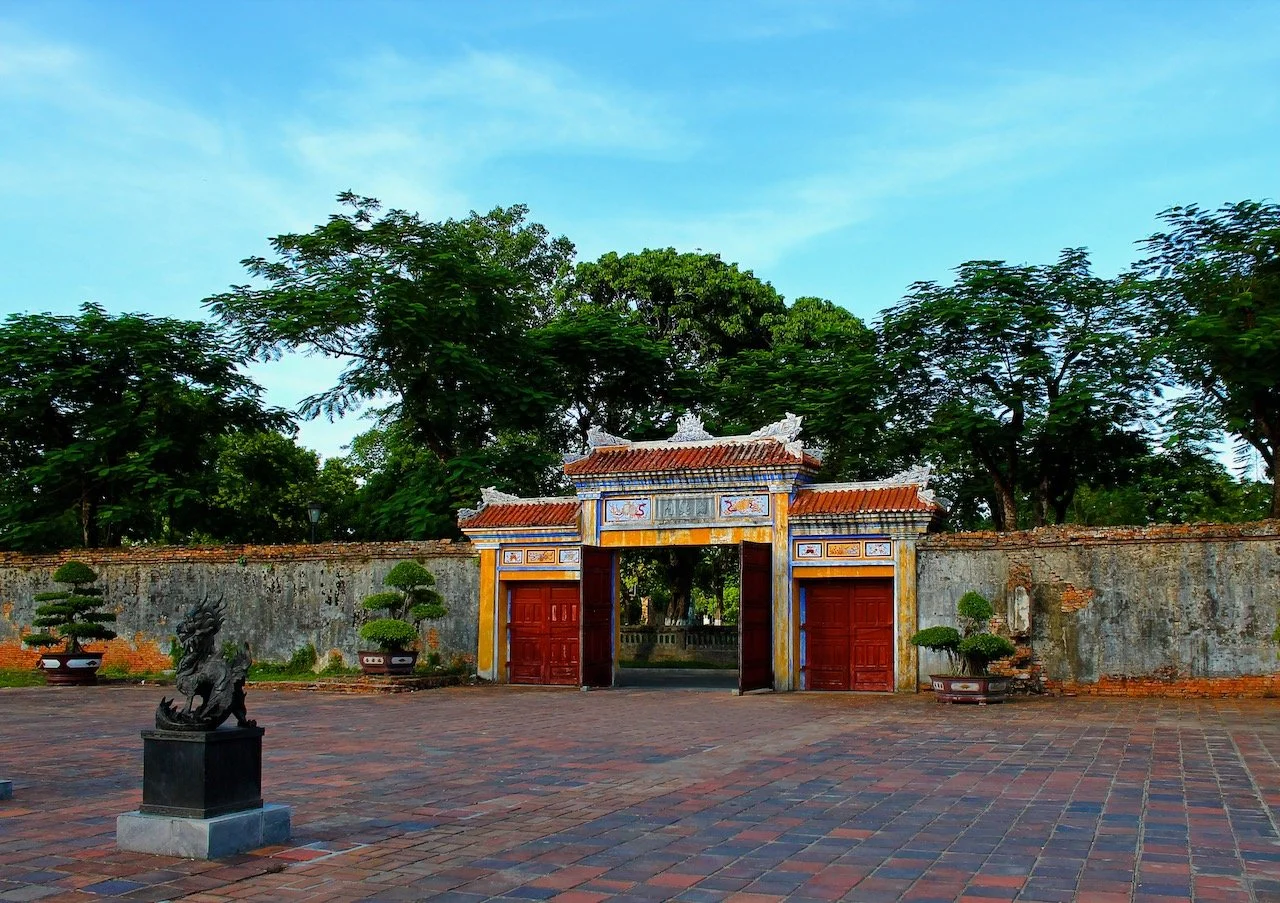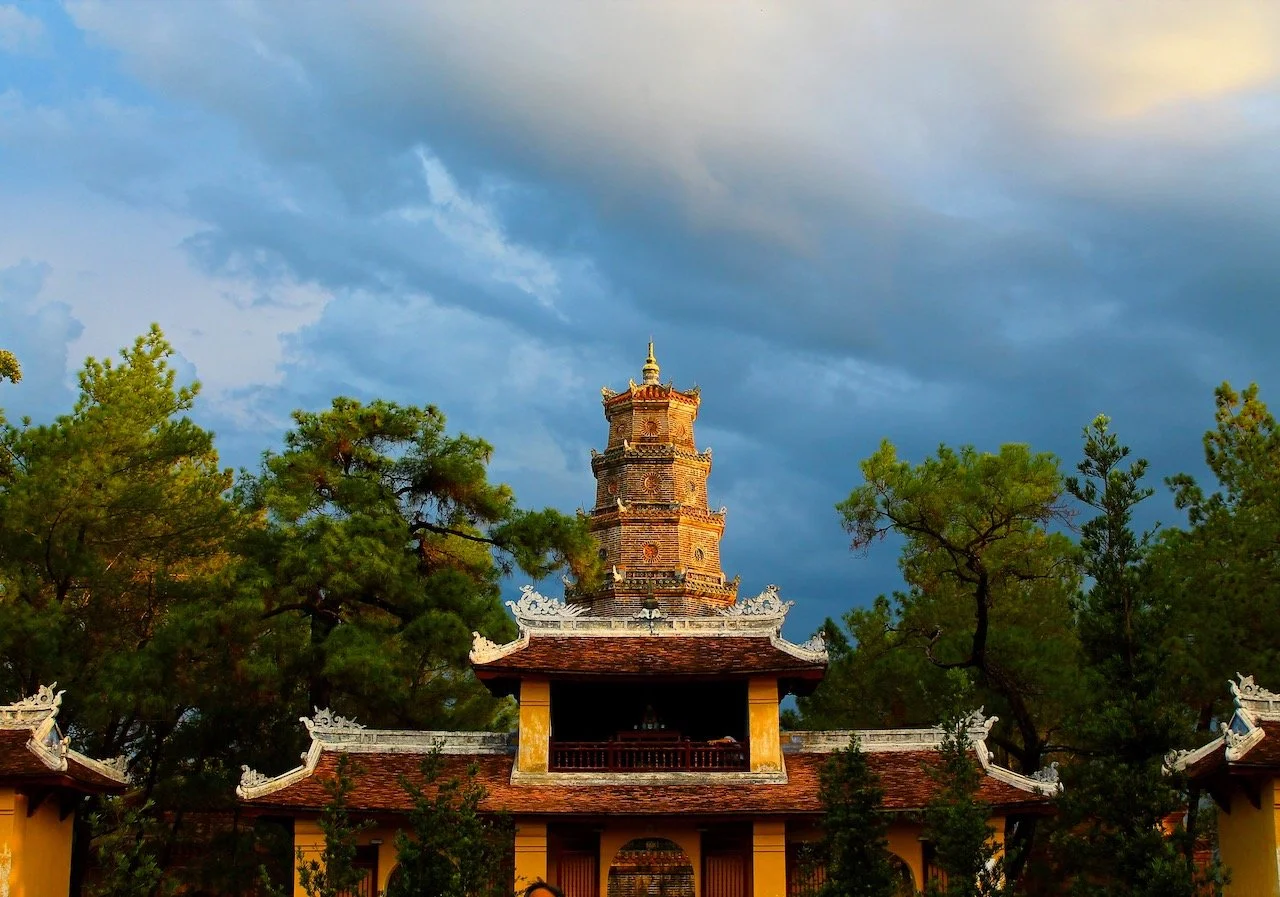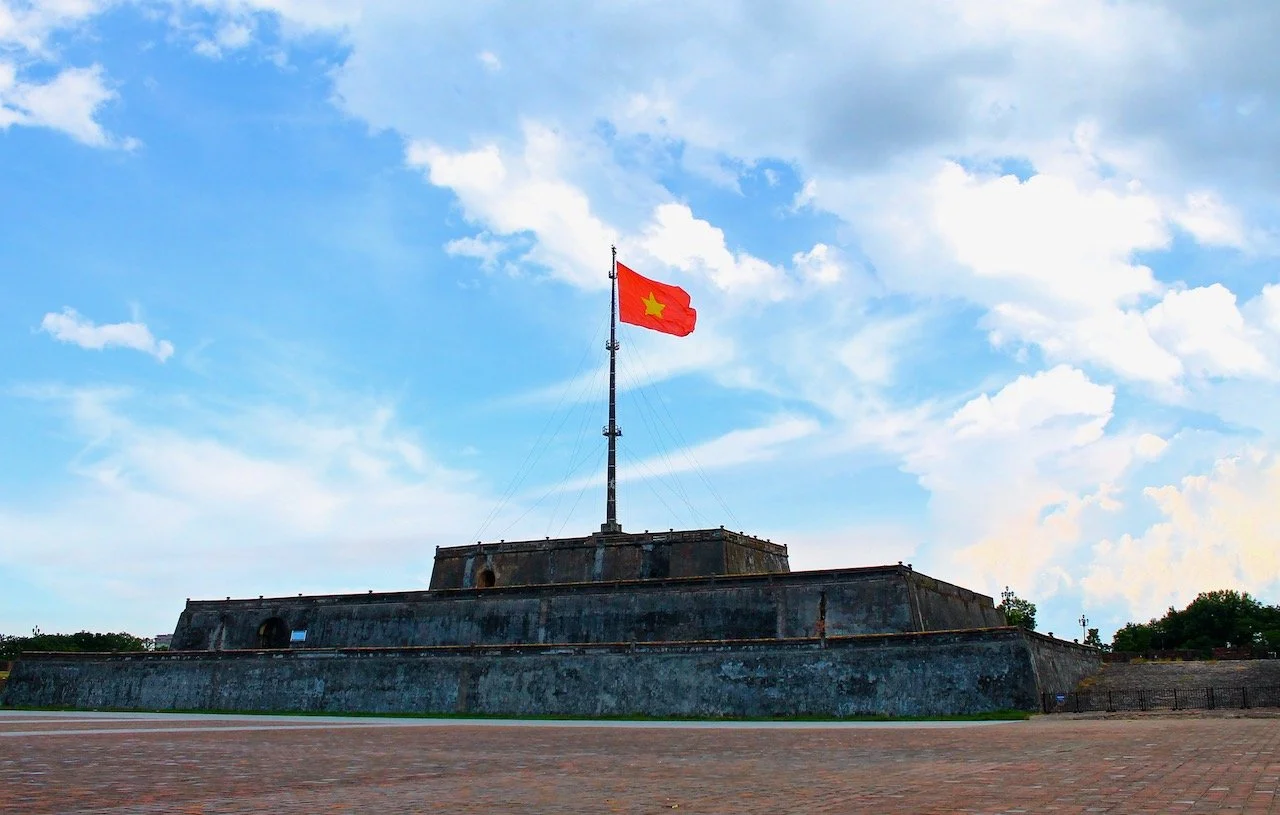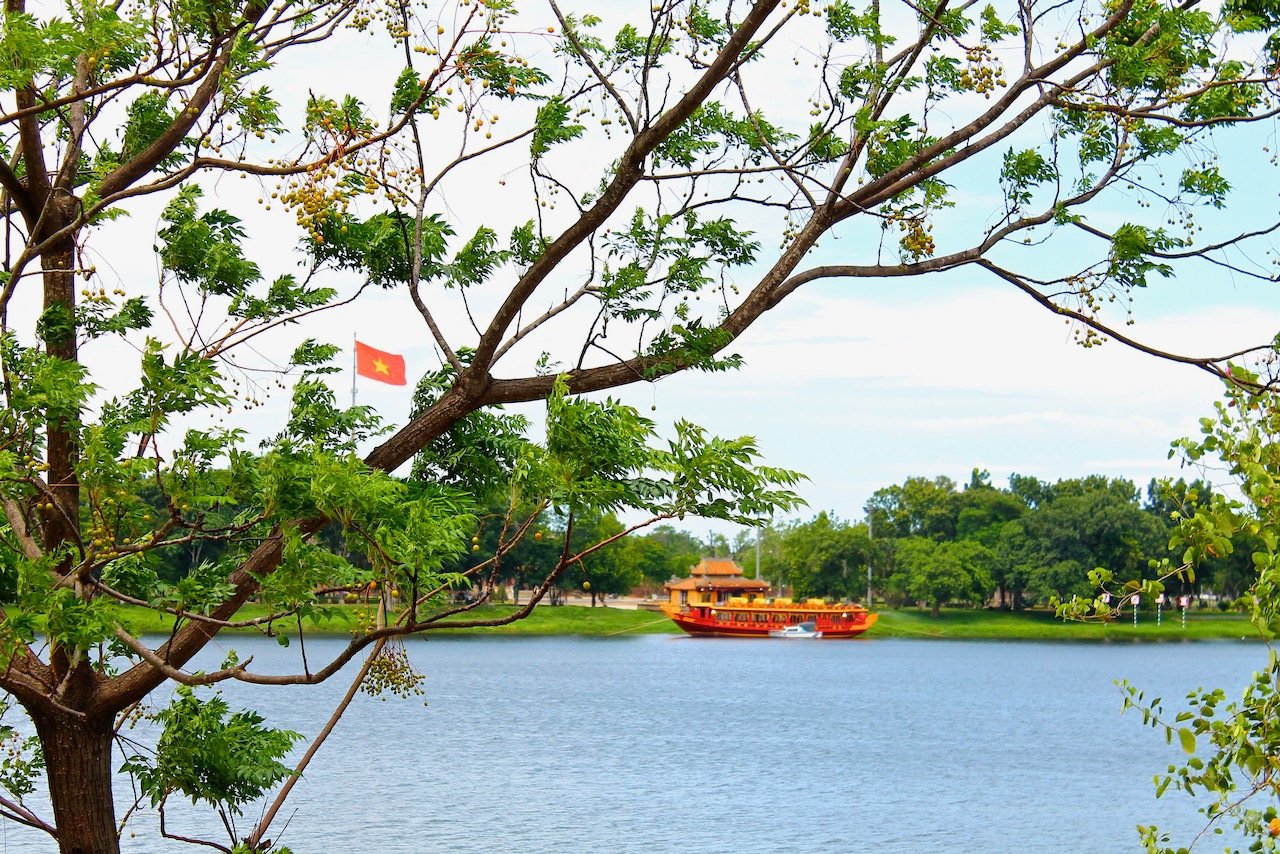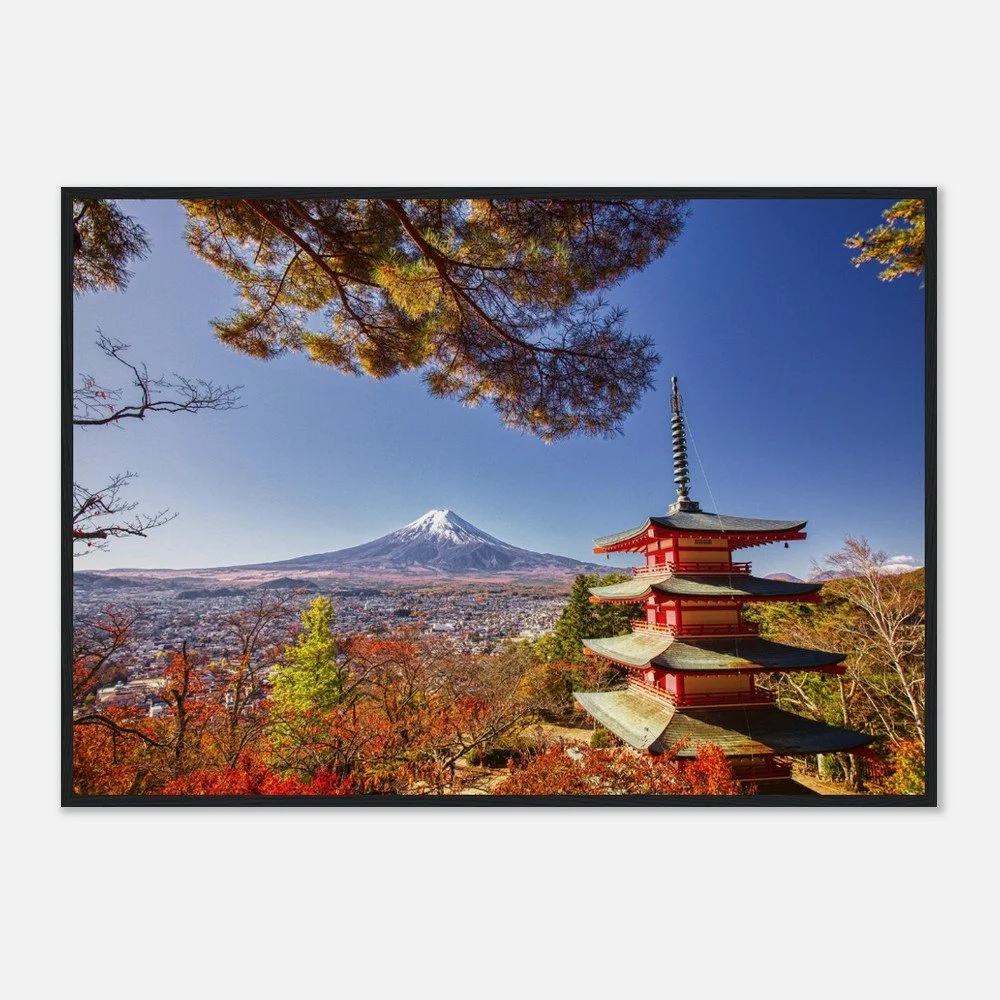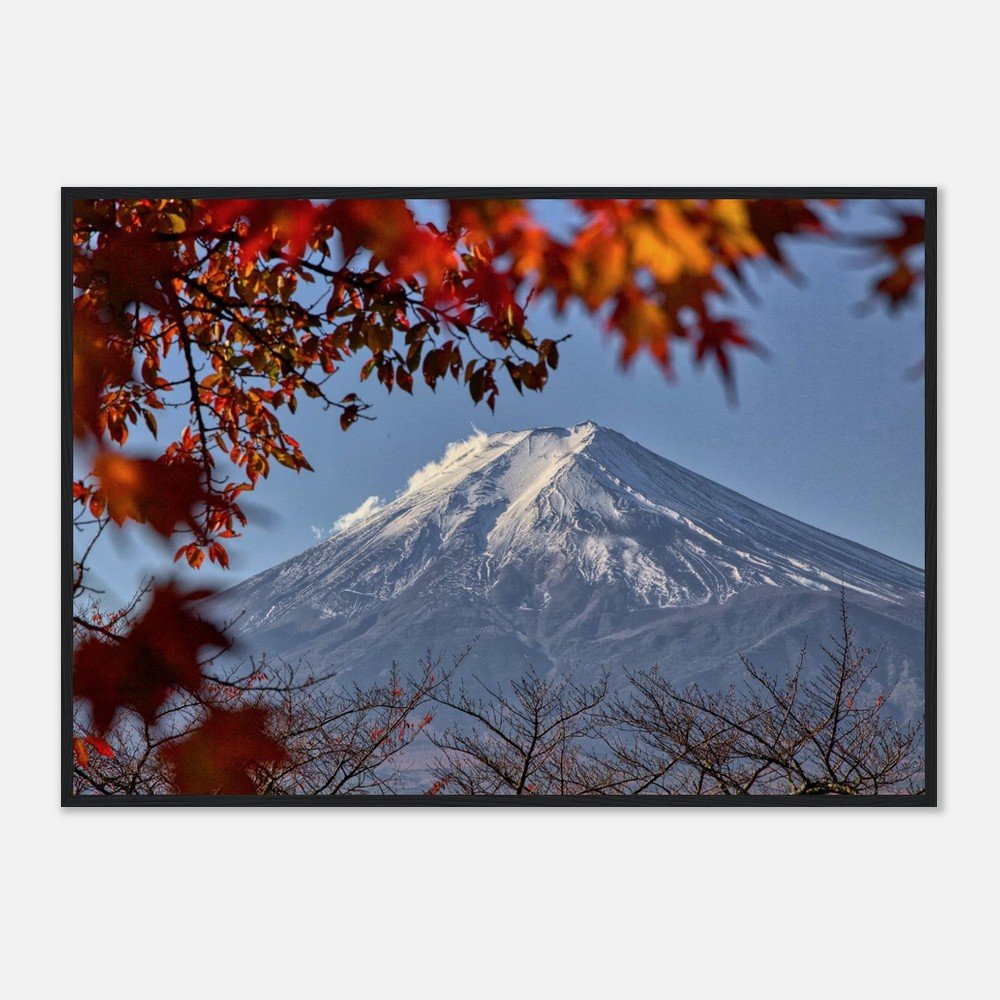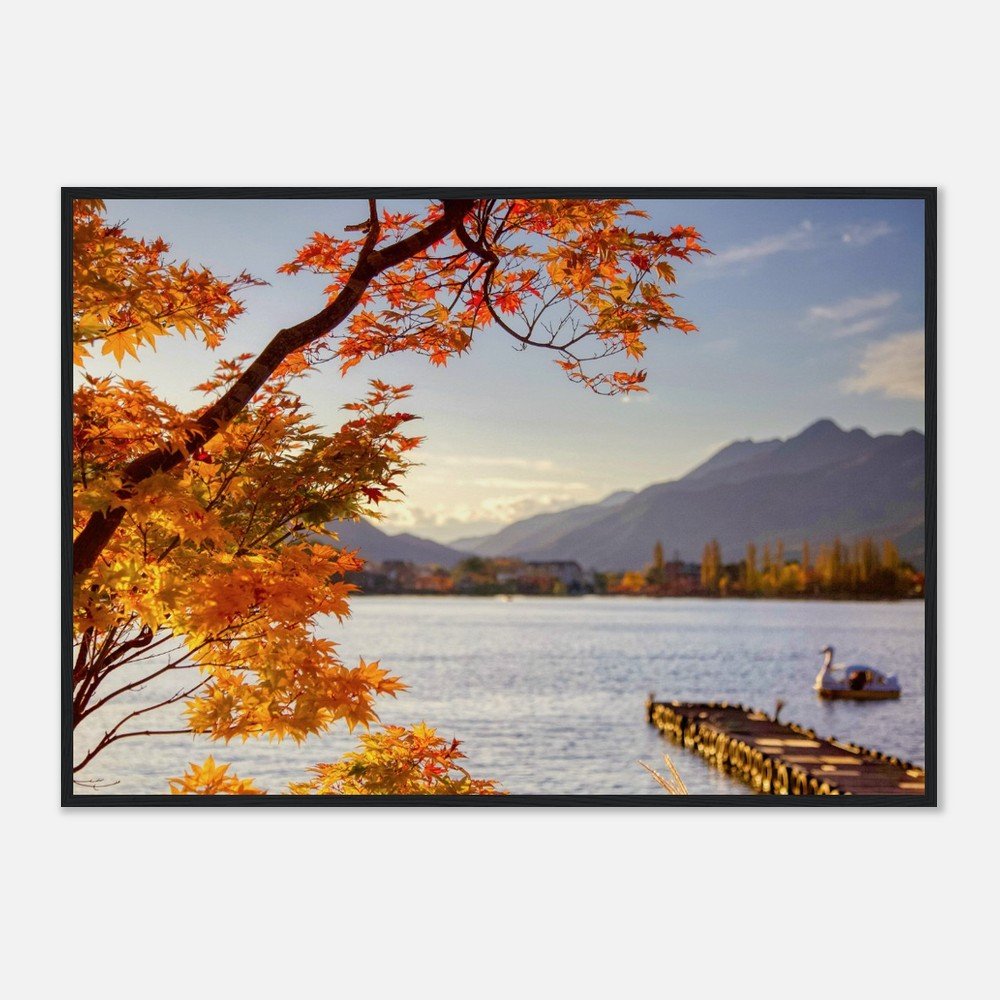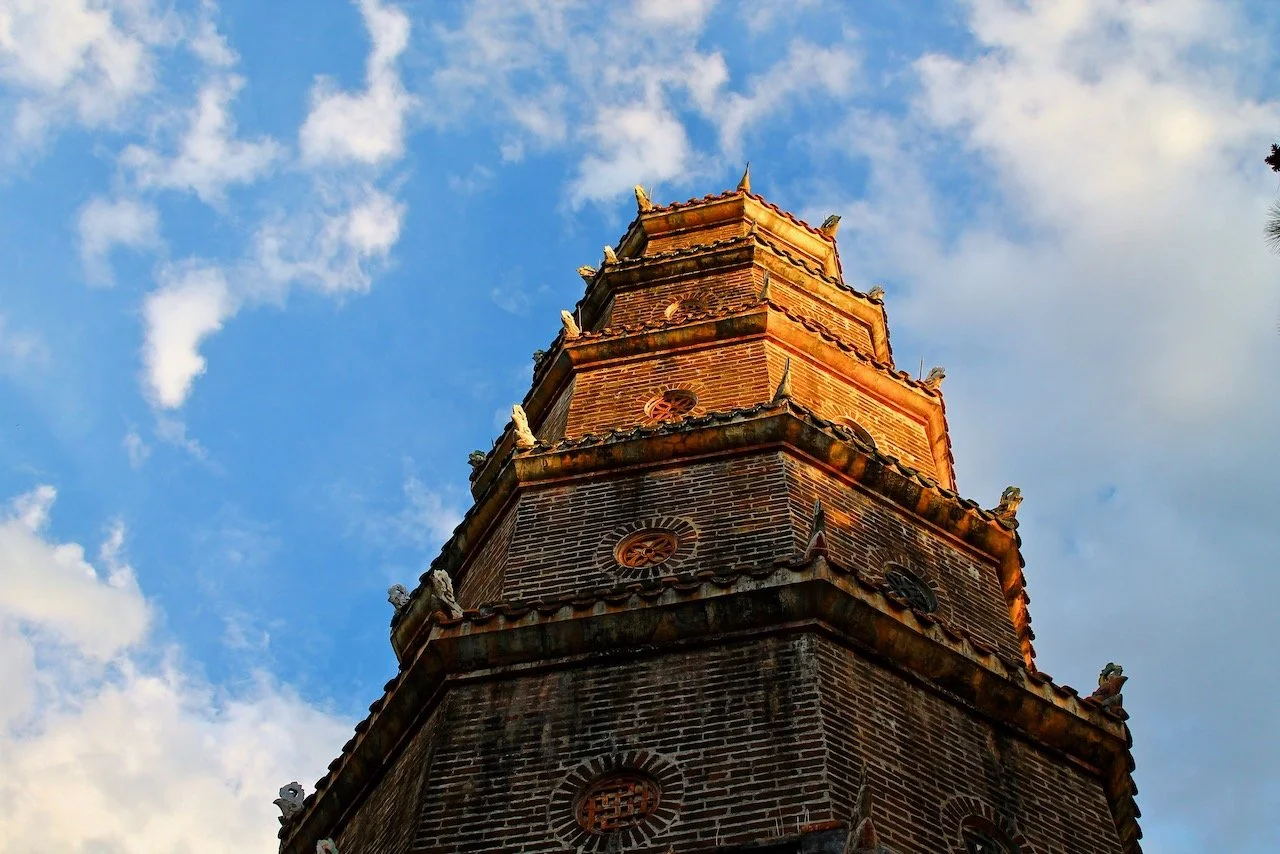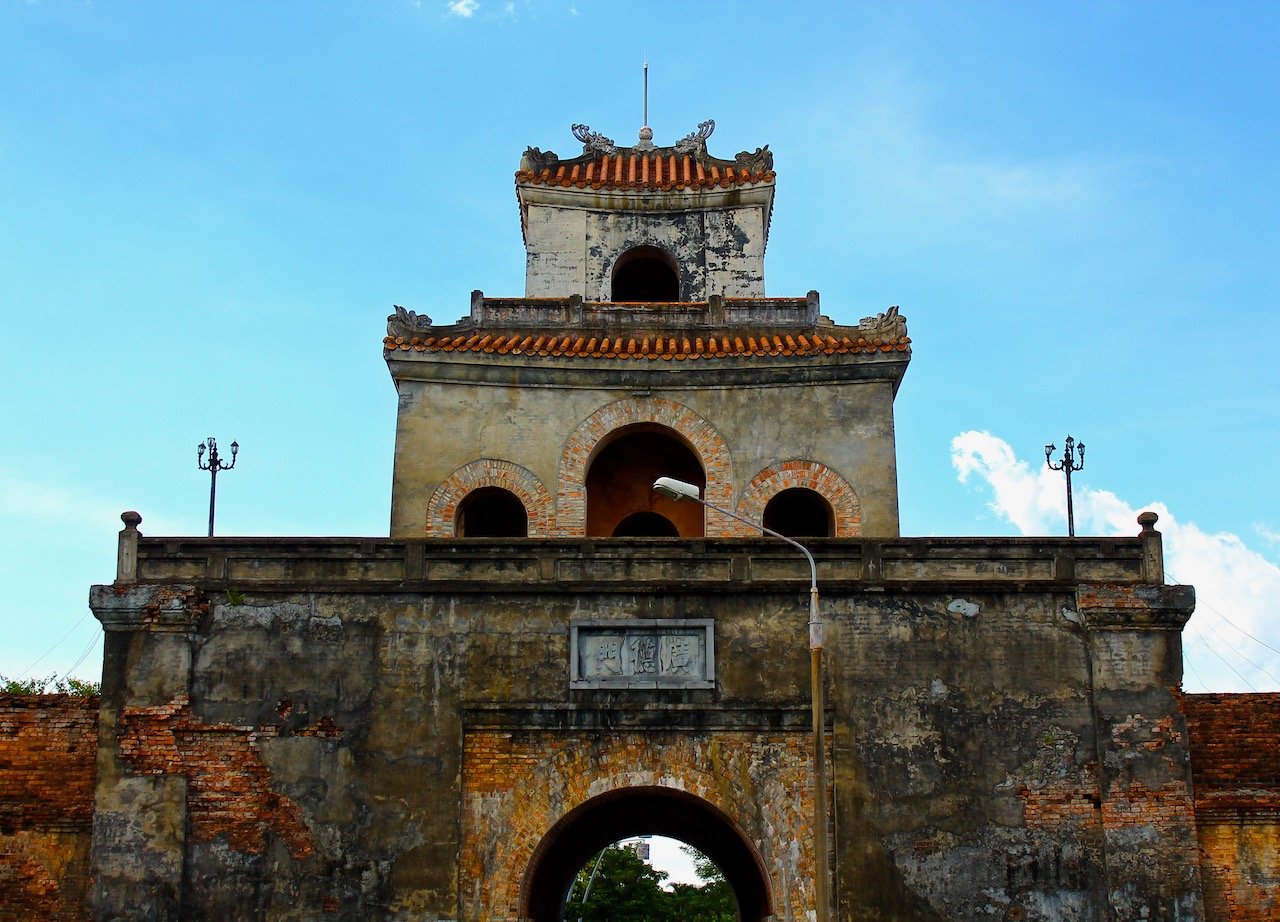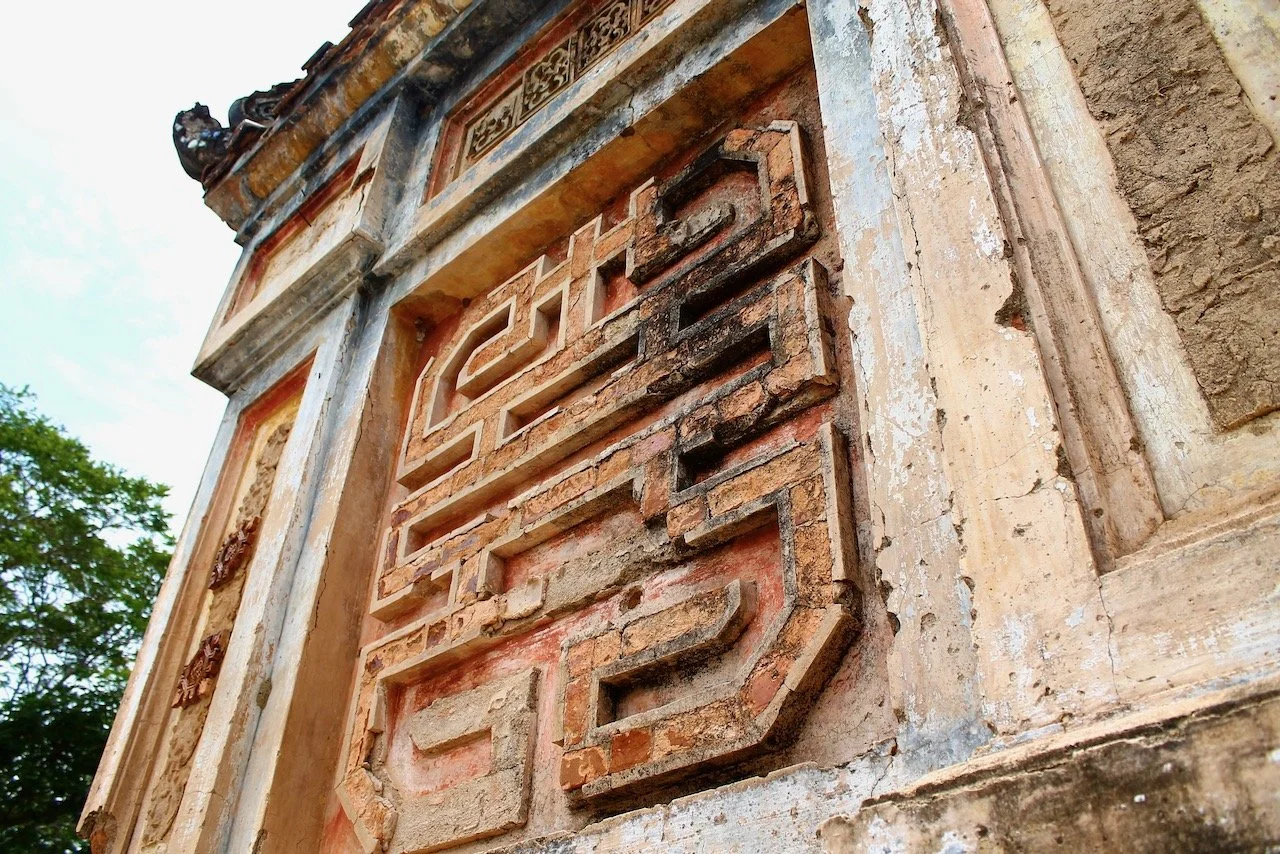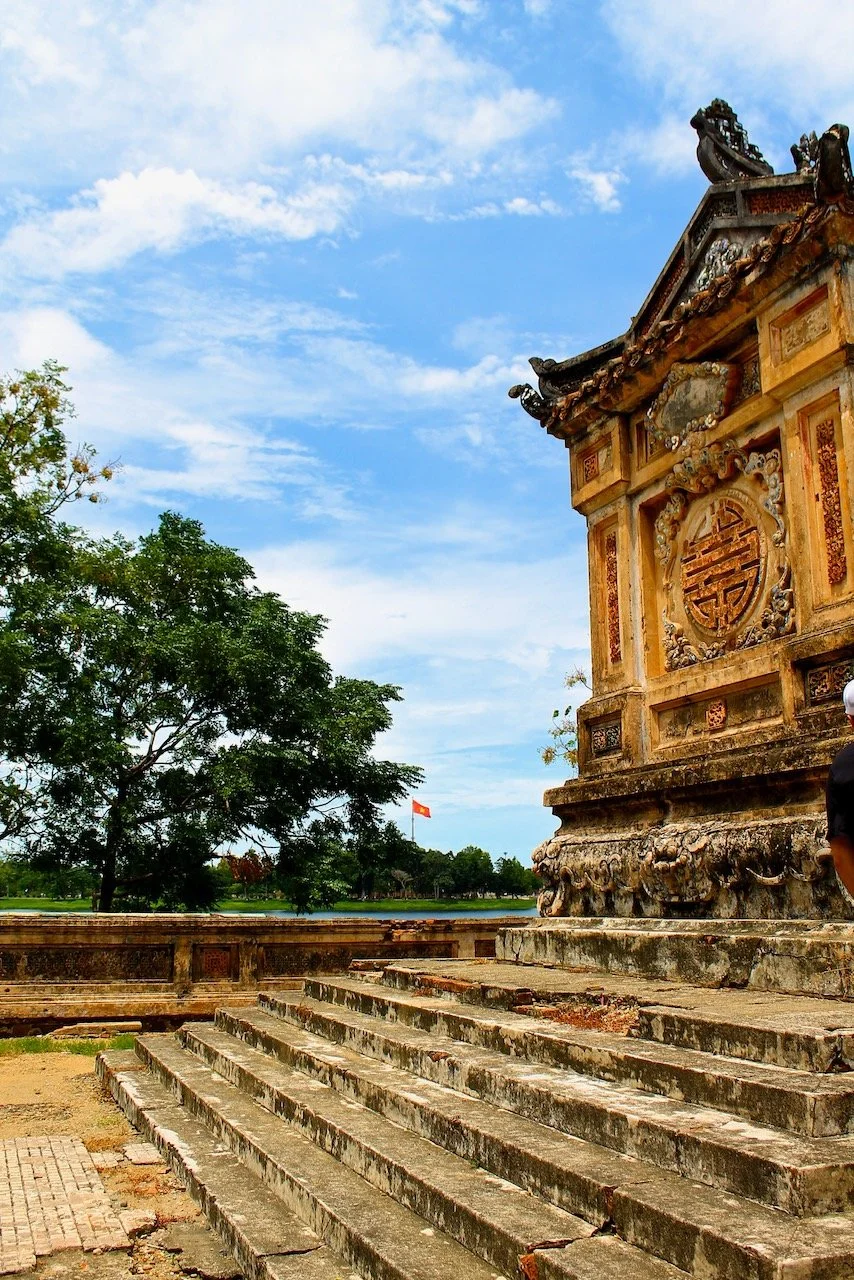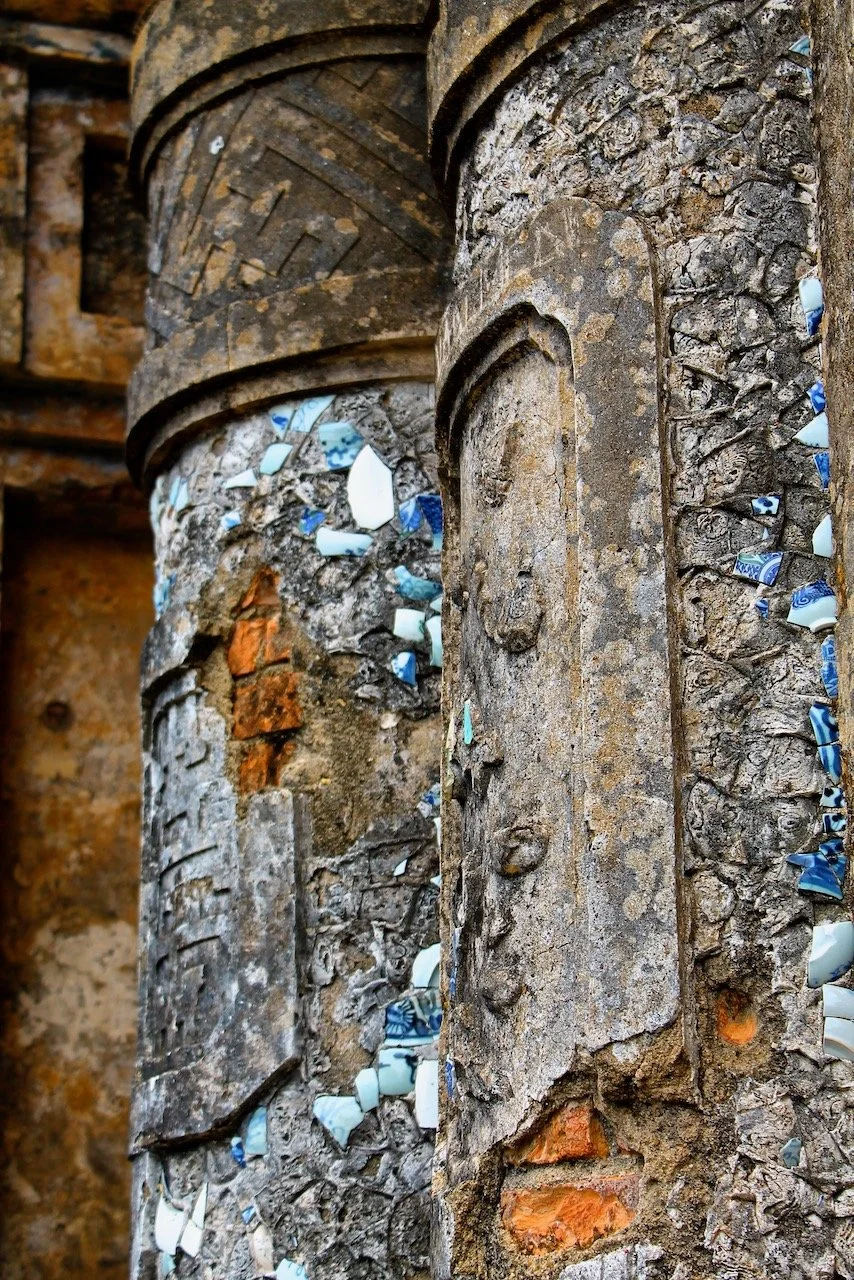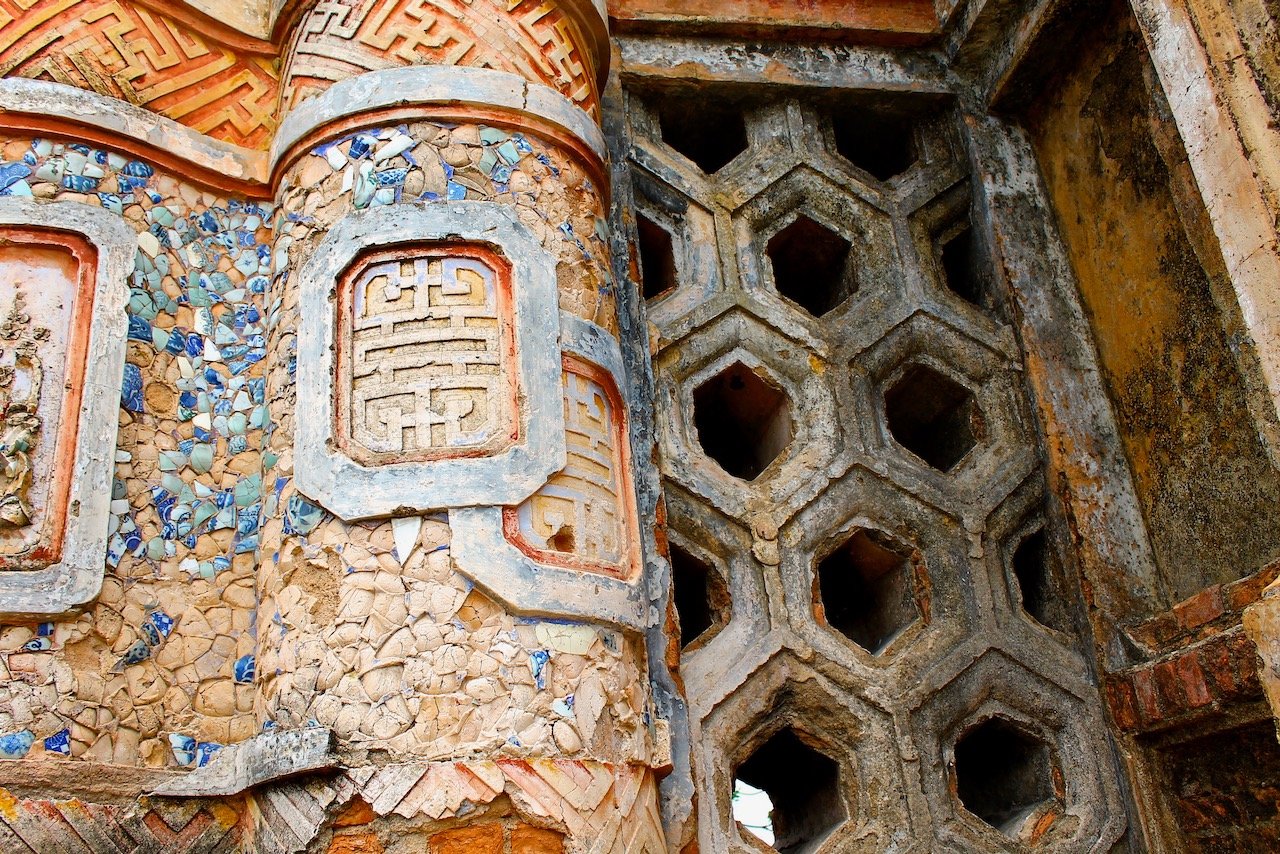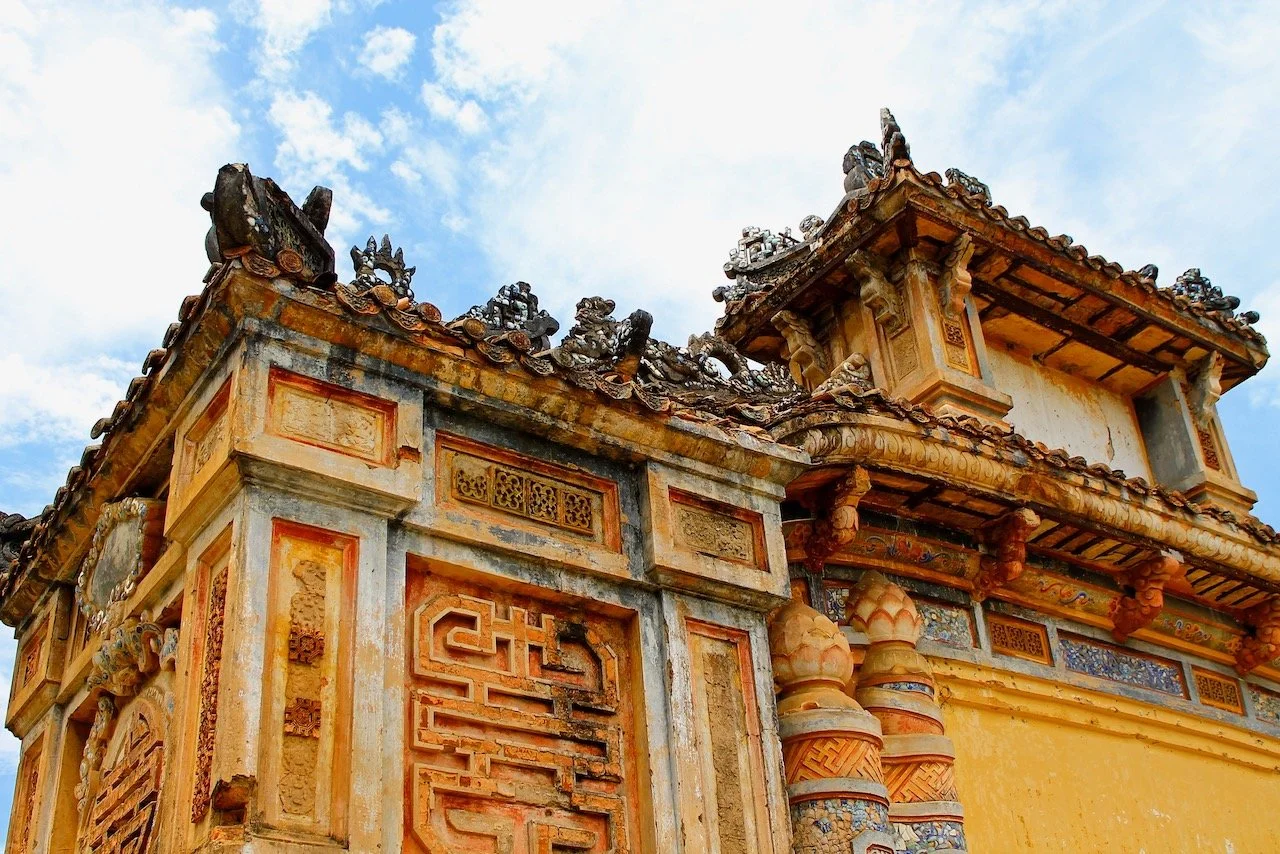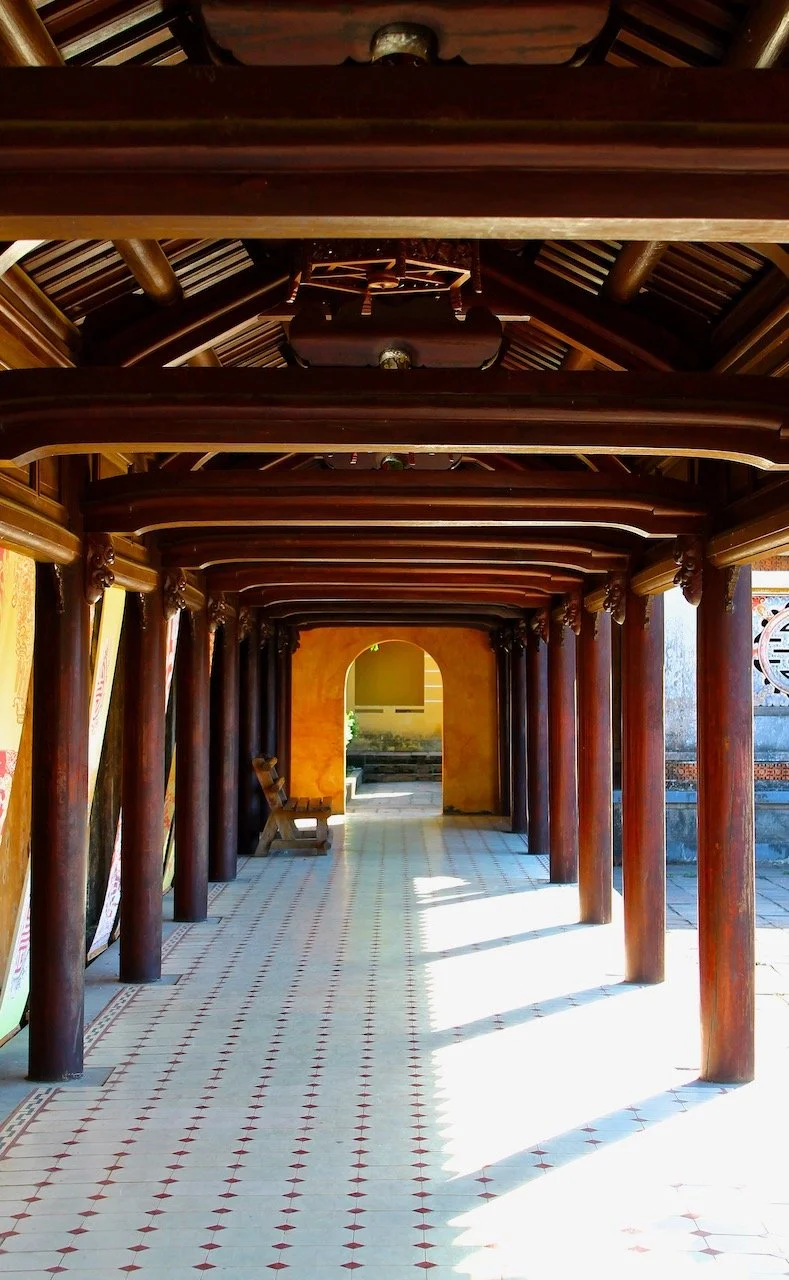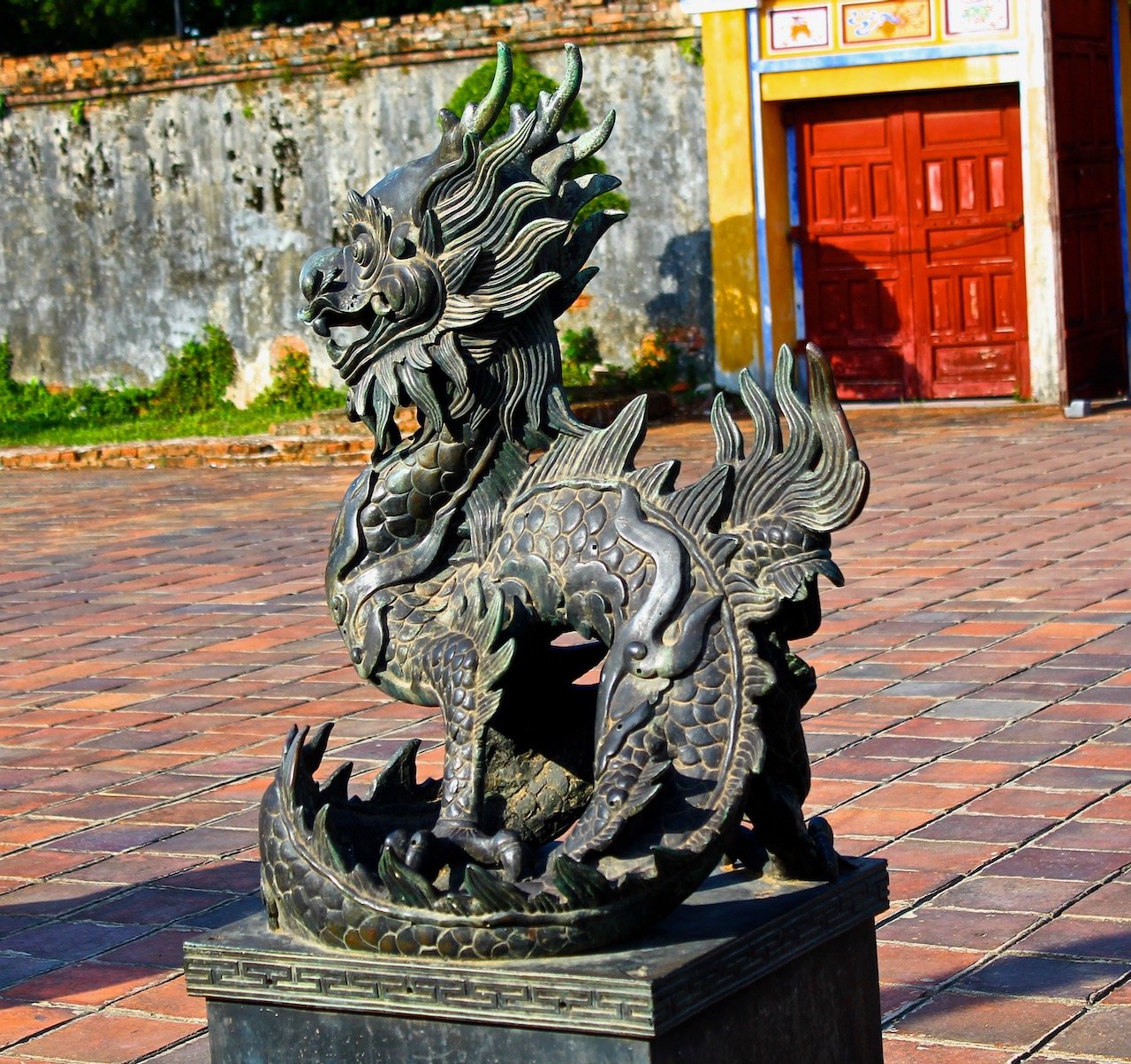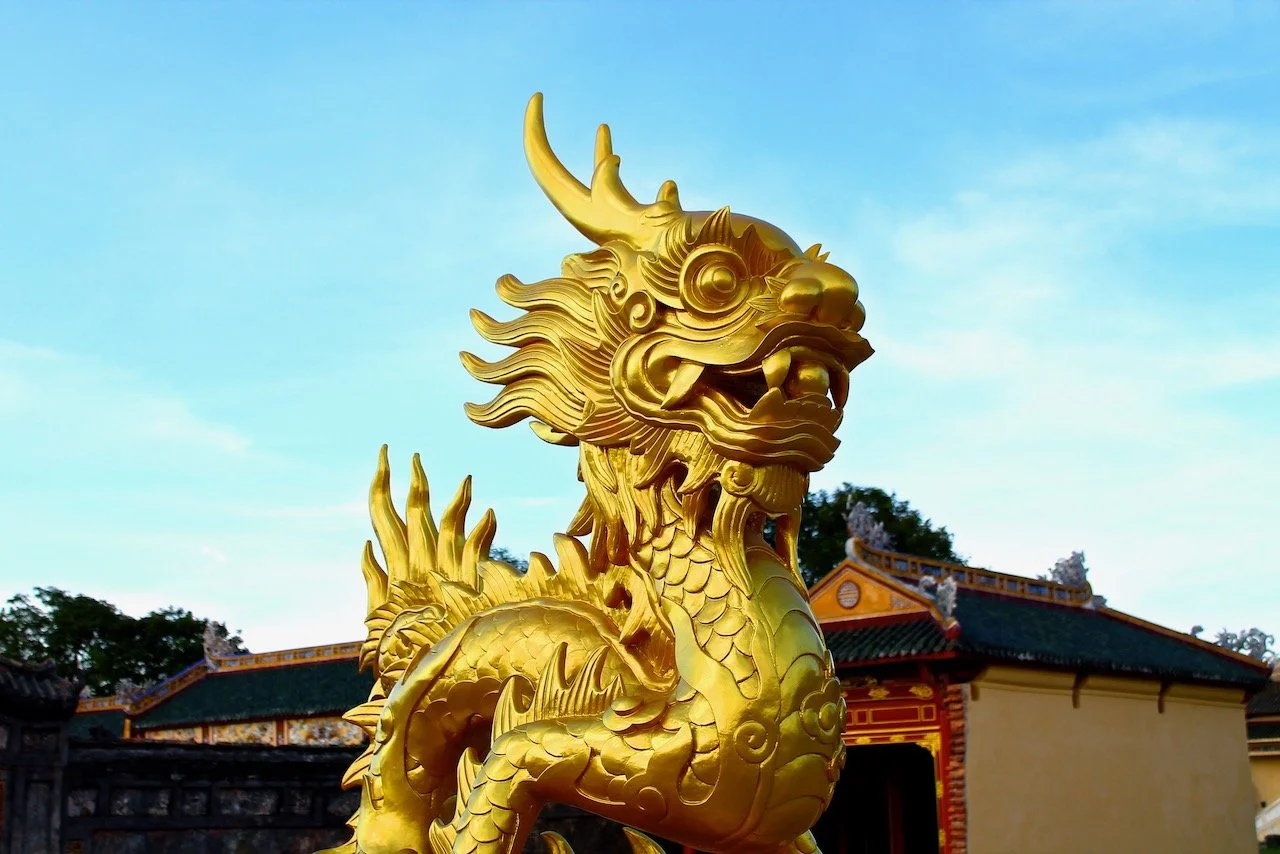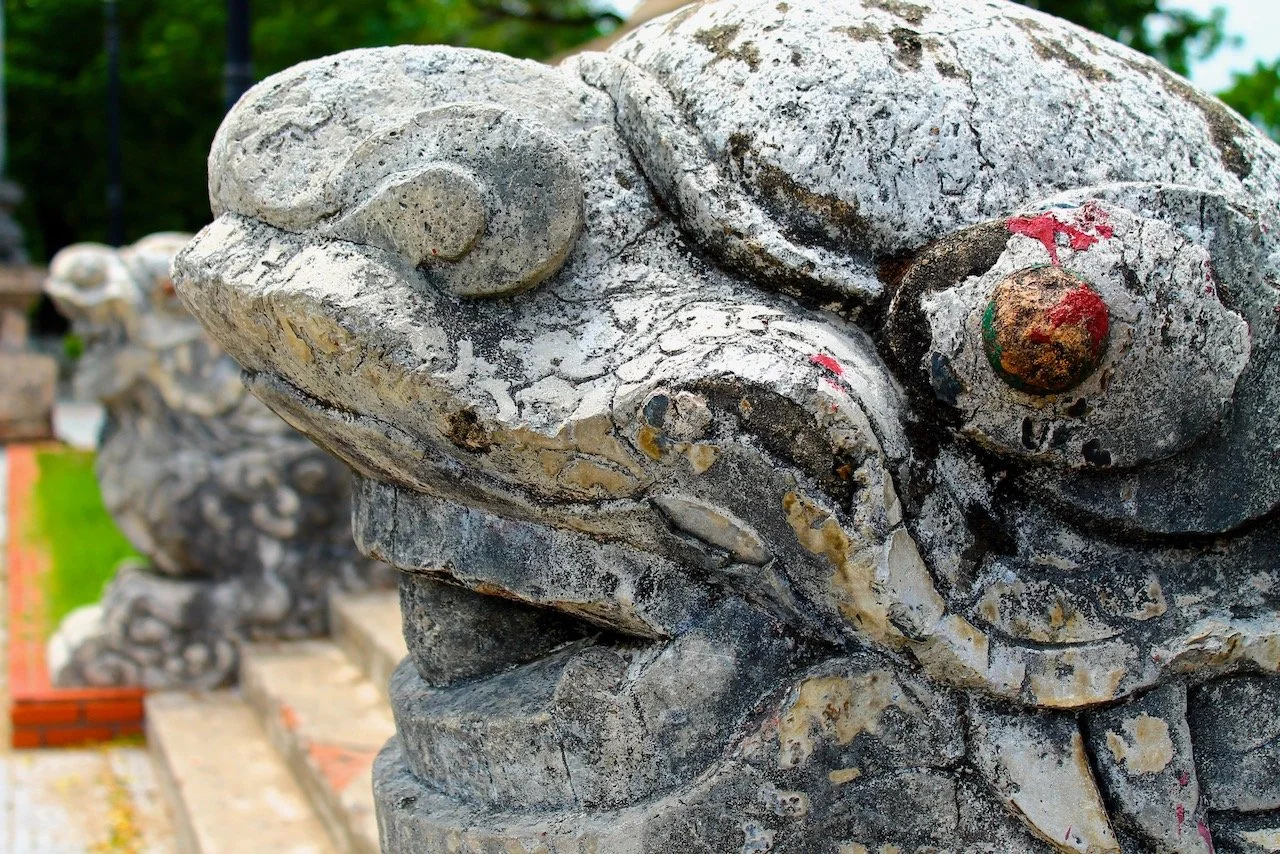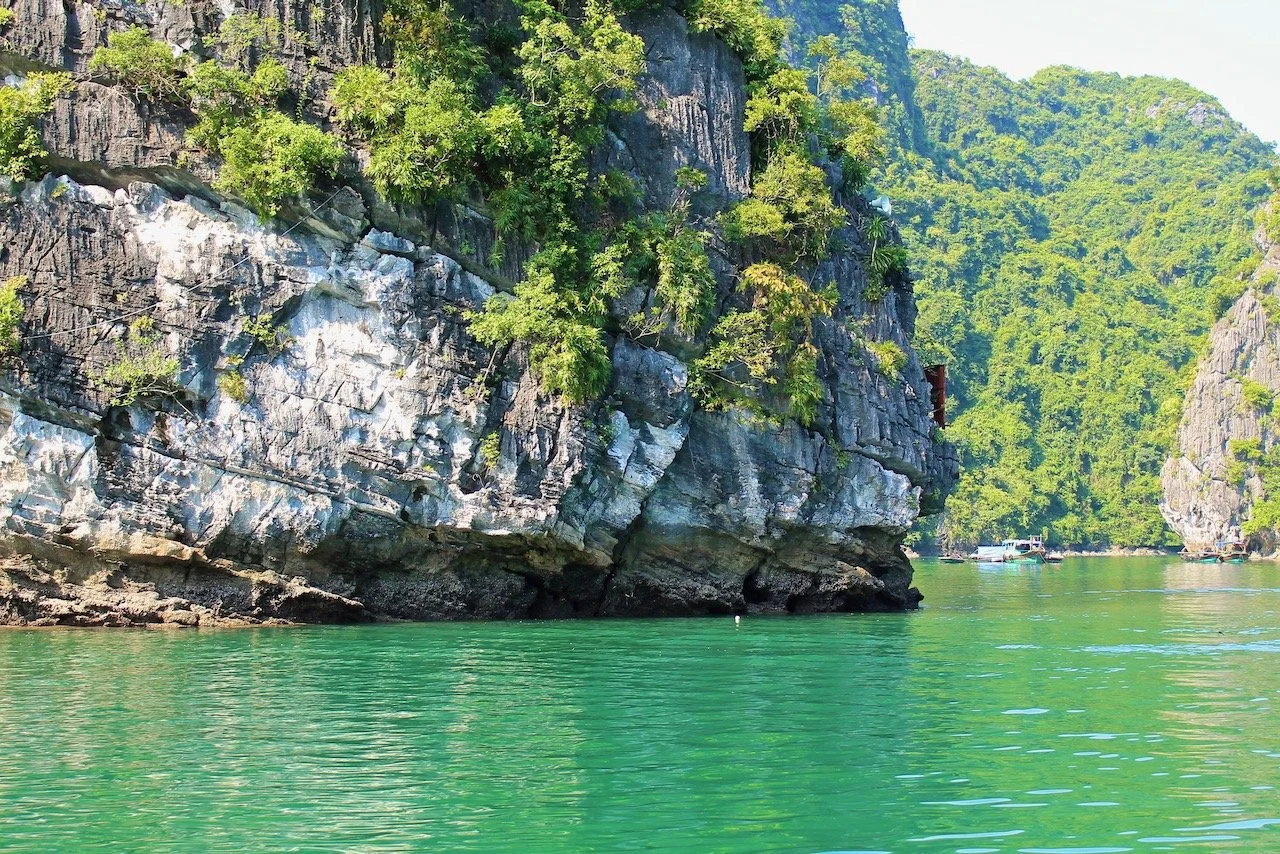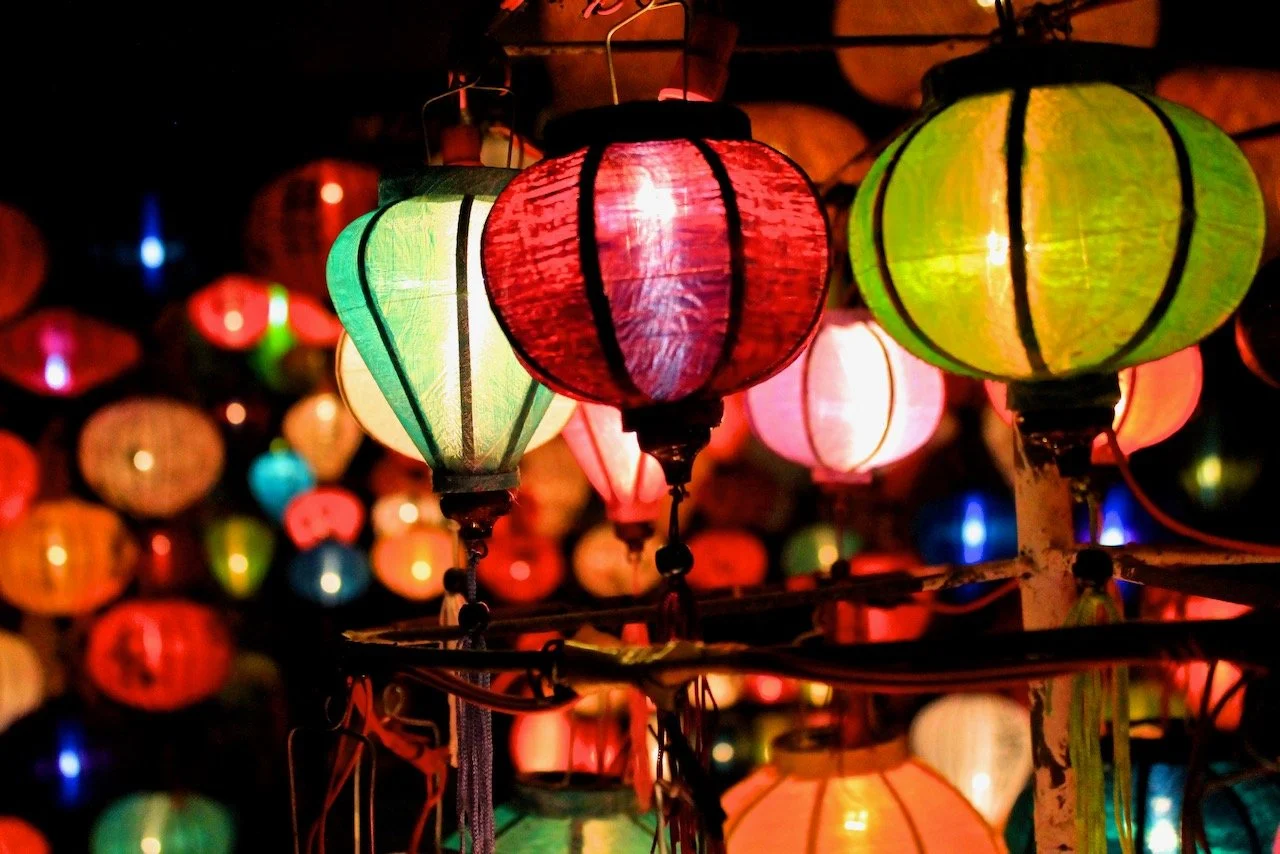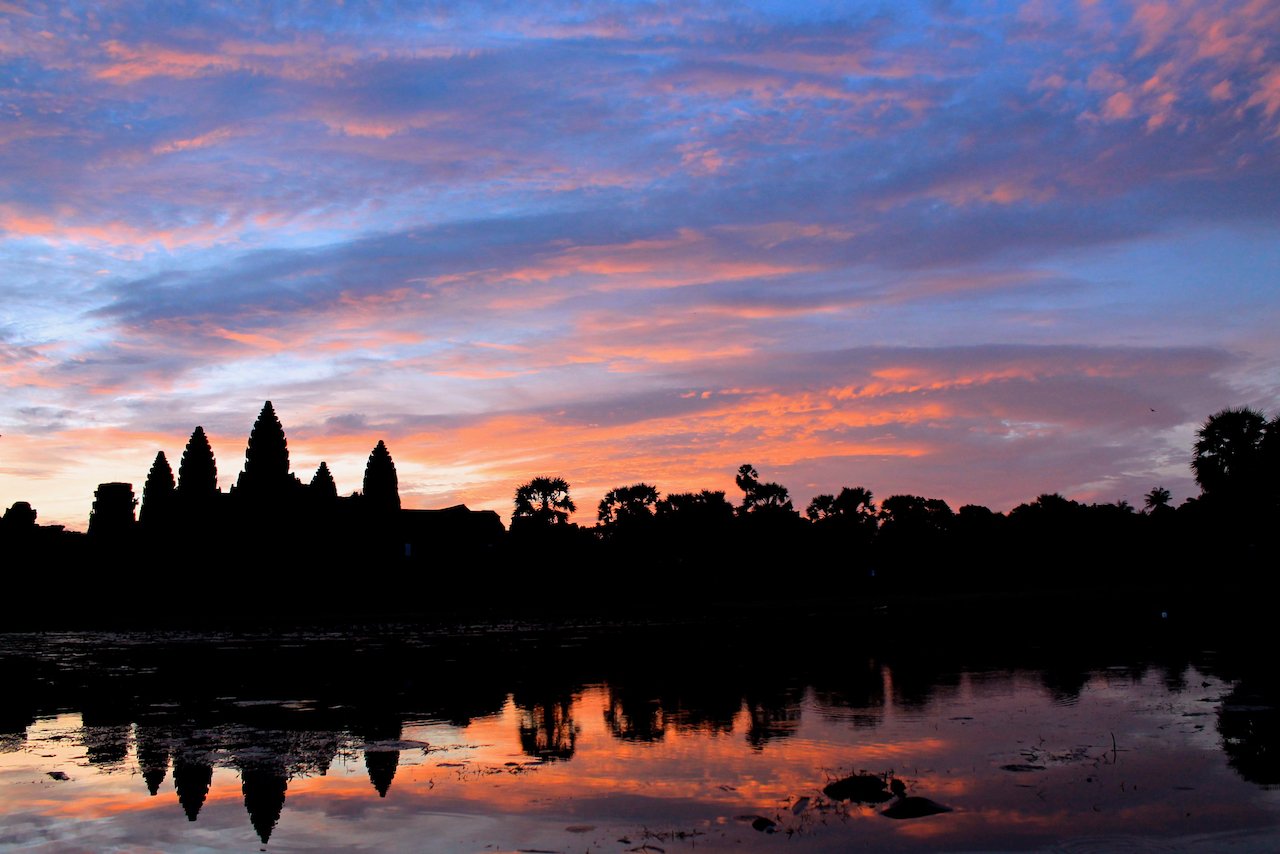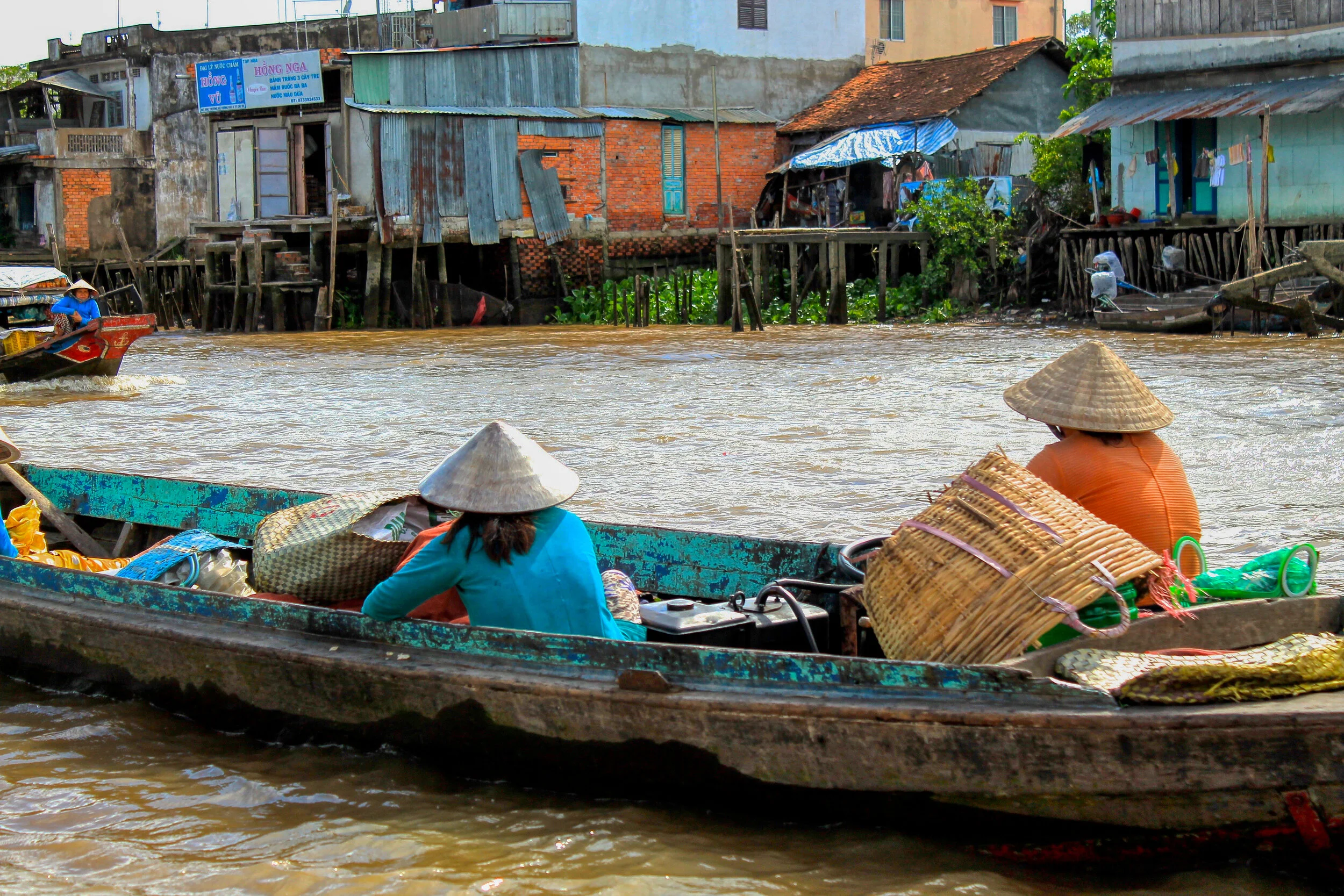A Guide to Vietnam: Hue
(Some links in this post are affiliate links. If you click through and take action, I'll be compensated.) If you are also interested in any PRINTS from any of my posts, be sure to check out my store where you can buy prints as posters, in metal/wooden frames or on canvas.
Hue was a city that really took me by surprise during my trip to Vietnam. I knew about its history during the Vietnam war but it was only when I traveled there that I got to learn more about the culture. Hue is located in the middle of Vietnam and was previously known as ‘Kandarpapura’ and ‘Amarendrapura’ when Vietnam was known as the Champa Kingdom in 192 to 605 AD.
Fast forward many decades, Hue was the Old Imperial City and capital for the Nguyen dynasty from 1902 to 1945. Presently, Hue is known for its large number of historical monuments along with tombs, temples, and even French style buildings when the city was under French Indochina influence.
Along with Hoi An, Hue turned out to be another one of my favorite cities in Vietnam. I strongly believe a trip to Vietnam should always include Hue, my humble opinion.
I hope to summarize some of the cool landmarks and attractions to see in Hue that I have seen and experienced myself and to give you a good idea of what to expect on your visit there.
If you have an extended amount of time in Vietnam, I recommend seeing some other cities! Here are my blog posts below on what else Vietnam has to offer:
Mekong Delta, Nha Trang, Ho Chi Minh City (See Blog Post - A Crash Course into South Vietnam)
Hoi An (See Blog Post - A Guide to Vietnam: Hoi An)
Hanoi (See Blog Post - A Crash Course into North Vietnam)
Ha Long Bay (See Blog Post - A Guide to Vietnam: Ha Long Bay)
Vietnam Summary (See Blog Post - A Guide to Vietnam)
How to get to Hue
The closest airpot to Hue is Phu Bai Airport (Airport Code: HUI). It lies about 15 kilometers from the Hue city center but is only a domestic airport, with flights to and from Ho Chi Minh City, Da Lat, and Hanoi. Your options to reach Hue from Phu Bai Aiport include:
Taxi - Costs about 250,000 VND (Vietnamese Dong) and is the most direct way.
Motorbike Taxi - Costs around 120,000 VND but limited in size so not ideal if you have big luggage.
Shuttle Bus - You can book a shuttle bus from the airport for 50,000 VND however it is not always running consistently.
The closest international airport to Hue happens to be Da Nang Airport (Airport Code: DAD). The airport serves all of Central Vietnam, making it an ideal place to fly into on your trip here.
The options for reaching Hue from Da Nang Airport include:
Bus - Takes about 2.5 hours and is not a direct bus. The bus leaves every 15 minutes but availability of seats and luggage storage can range. The most cost effective option however with prices ranging around 5 Euros.
Train - Takes about 4 hours and is also not direct. Very time consuming and costs between 55-120 Euros.
Taxi - The most direct option and costs between 55-70 Euros.
If you like some of my photos that you have come across, just know that I have many prints showcasing a variety of landscapes available for purchase below! (Sold as Posters, Canvas, or in Metal-Frames and Wooden-Frames).
Other ways to get to Hue
Seeing Vietnam by train is also possible, with a stop in Hue of course. The North-South Train line that goes from Hanoi to Ho Chi Ming City so this mode of transportation may also be a cool way of seeing more of the Vietnamese countryside. There are four departures a day from each end of the train line and the whole journey takes about 30 hours. You can find more information here about it.
If you are already in Vietnam then getting to Hoi An is done easily using Intercity bus companies like Mai Linh Express and The Sinh Tourist. These types of transport function very much like a hop-on-hop-off bus style concept, stopping along the major cities of Vietnam. You can add as many stops as you would like to your journey.
Here are some places worth checking out while in Hue:
Bia Quoc Hoc Monument
Hue is absolutely choc full of ancient relics and structures. Simply walking along the coastline of the Perfume River, you will encounter temple after pagoda after temple, etc. One such monument is Bia Quoc Hoc. Walking by this structure, you wouldn’t really see why it is significant. It’s wedged between the river and the road and is a bit run down, and yet it still was remarkable to see. This monument commemorates the French and Vietnamese soldiers who fought and died in WWI against Germany. The Tu Đuc tomb nearby is also awesome.
Hue Imperial City and Citadel
Perhaps the most significant space is the Hue Imperial City and Citadel. This imperial city services as the former capital of Vietnam during the Nguyen dynasty and is enclosed by a wall within the citadel. Here you can see a number of palaces from the imperial family, in additional to a number of gardens and shrines. It was designated a UNESCO World Heritage site in 1993 and is currently undergoing restorations due to neglect and damage it received during the Indochina Wars.
This large expanse possesses many architectural features, sculptures, mosaics that make it quintessentially Vietnamese. Early in the morning, without many people around, this area is especially enchanting. Try to avoid peak times like during the day.
Bach Ma National Park
The Bach Ma National Park is not located within the city of Hue, but a little outside of it. This national park is a protected area known for its biodiversity and a 1450 meter tall mountain of the same name. Unfortunately, the park suffered from the use of defoliants like Agent Orange at the time of the Vietnam War (it’s safe to explore again). Presently, the villas that used to popular the park lie in ruin but the area remains a popular summer destination for the Vietnamese.
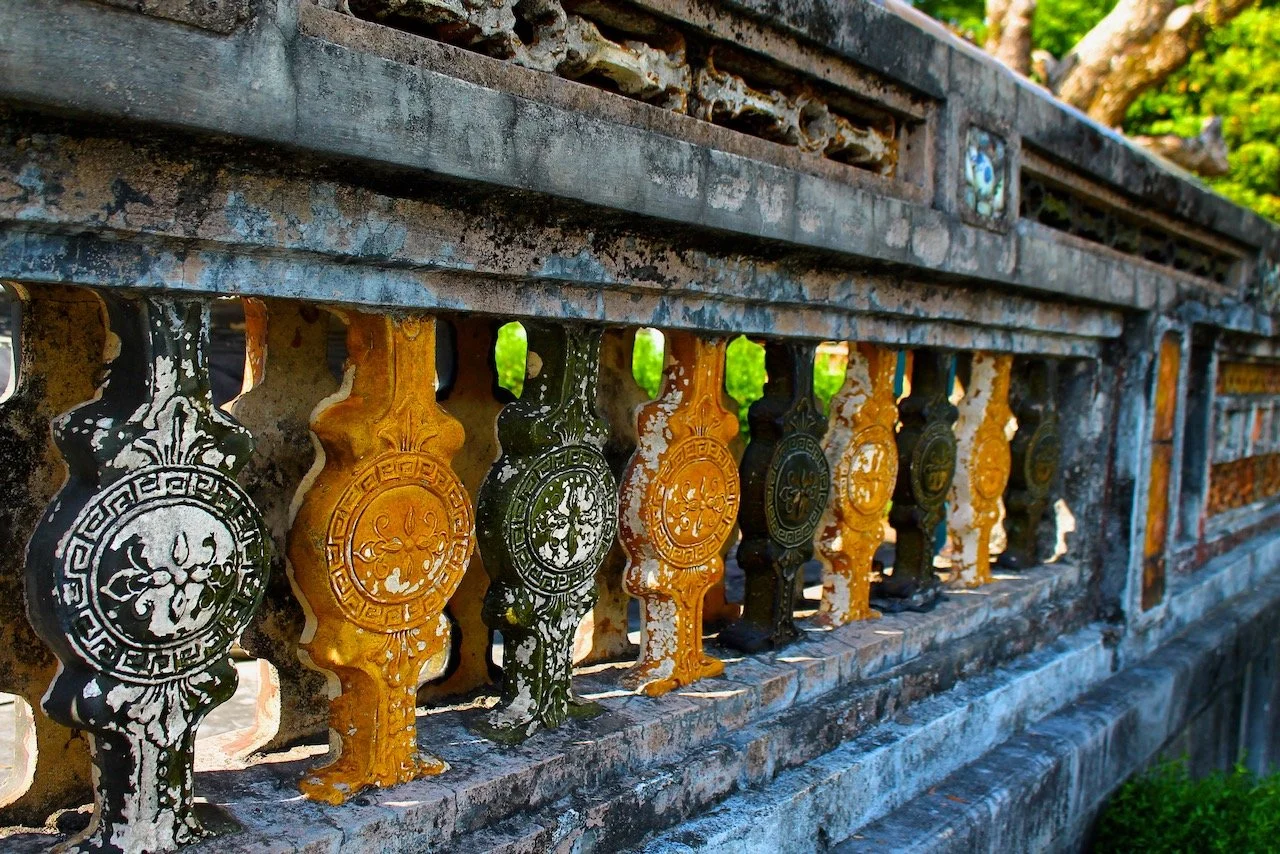
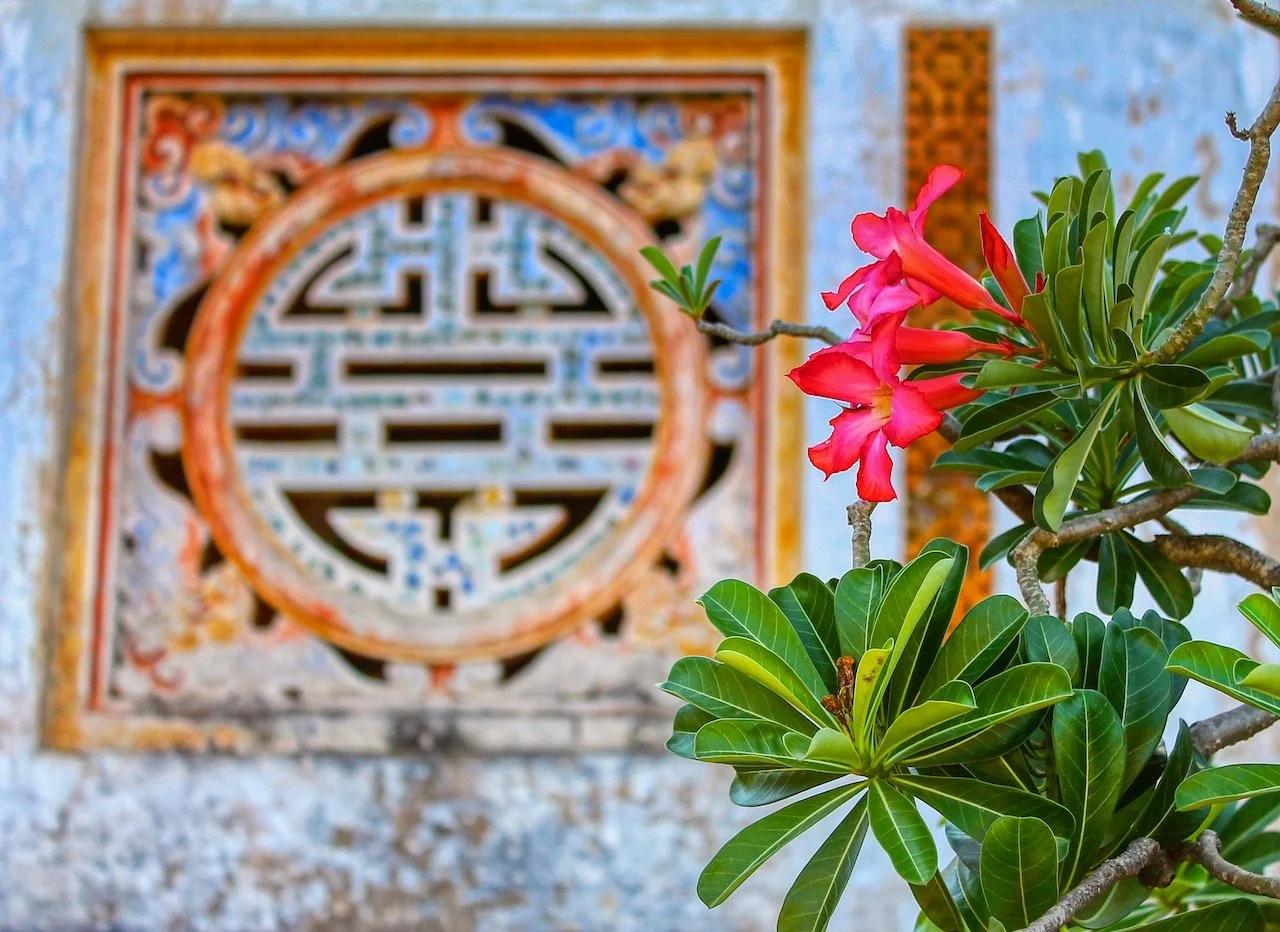
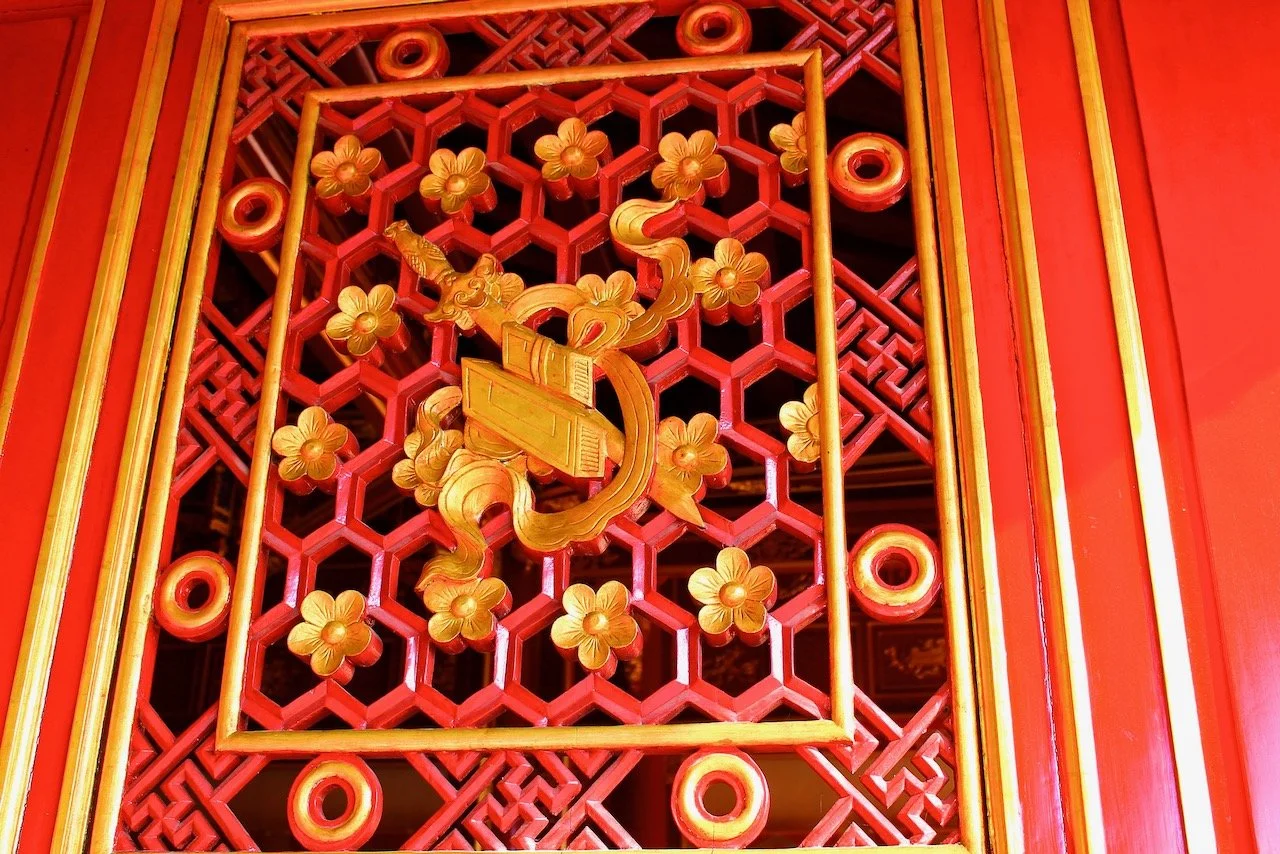
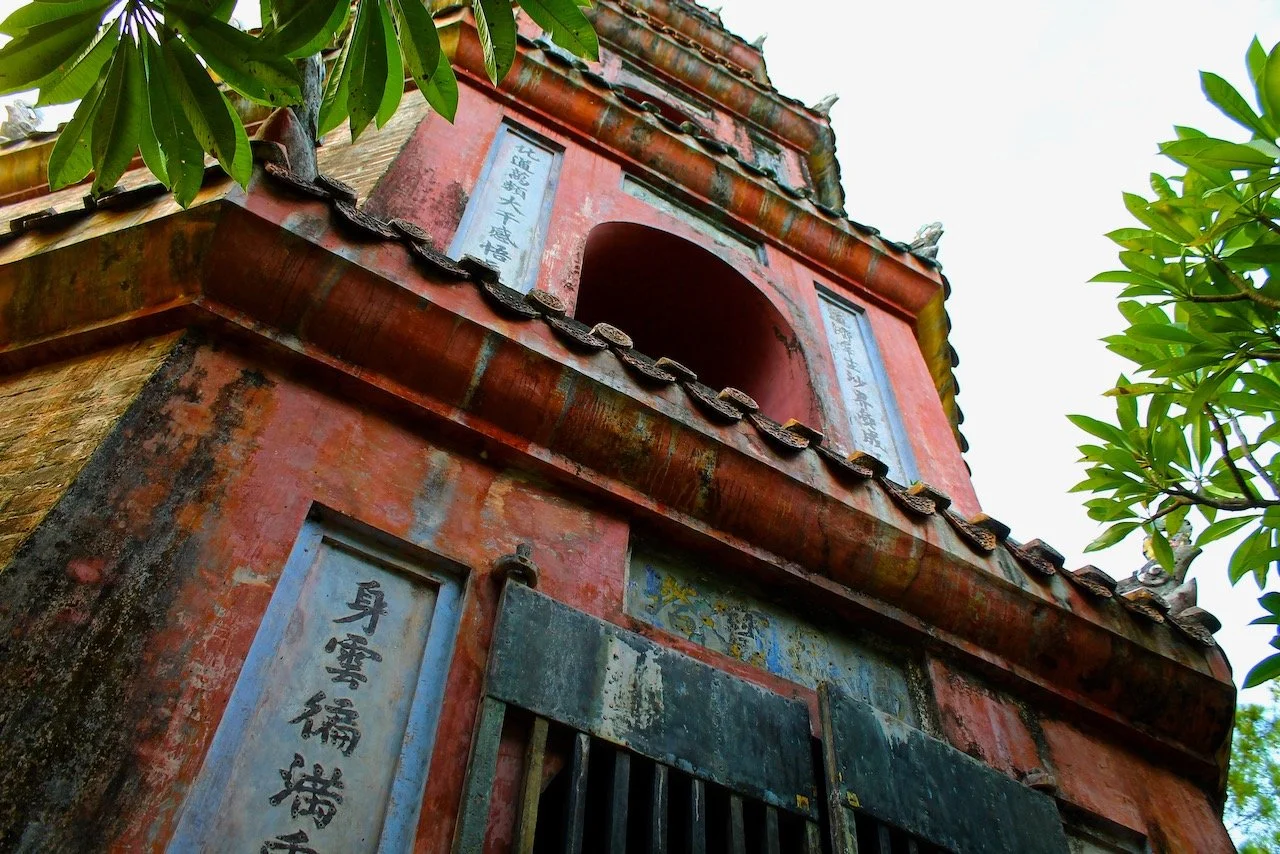
Hon Chen Temple
The Hon Chen Temple (also called the Hue Nam Temple) sits on the Perfume River and is where people would worship the goddess Po Nagar. Not in the mood for more temples? Go to a pretty sweet beach, about 14 kilometers outside of Hue, called Thuan An Beach. The sunsets here can be quite spectacular!
